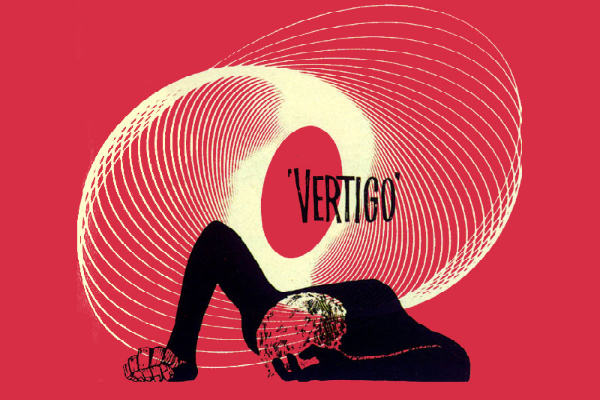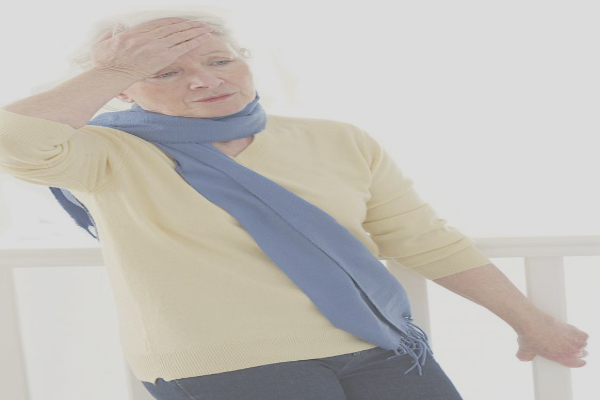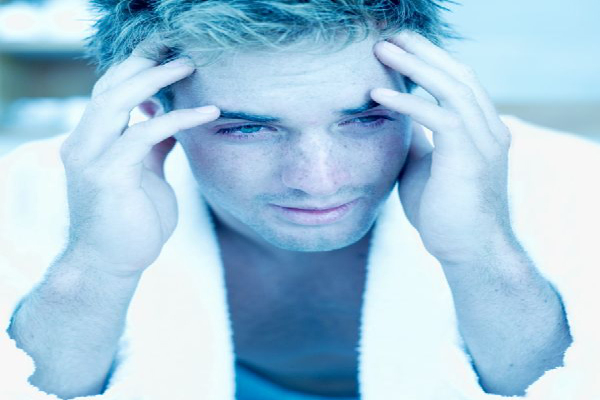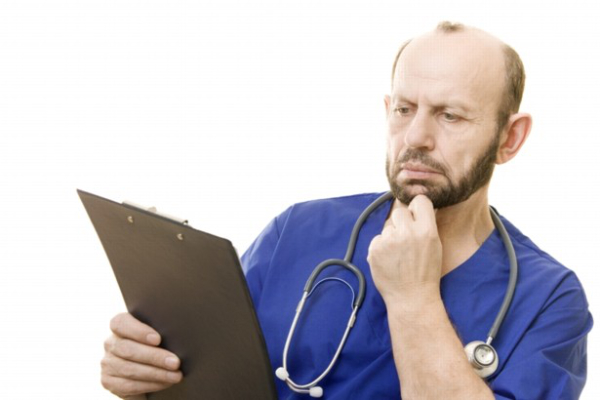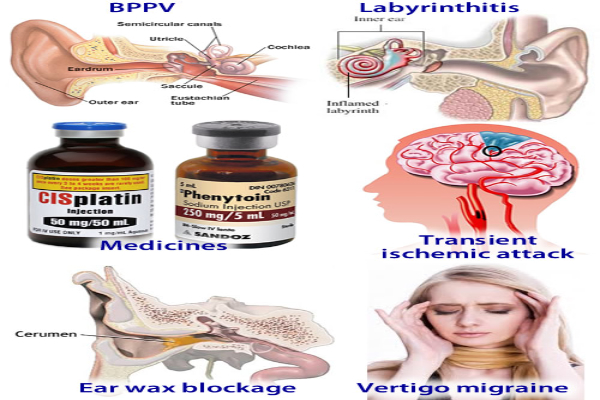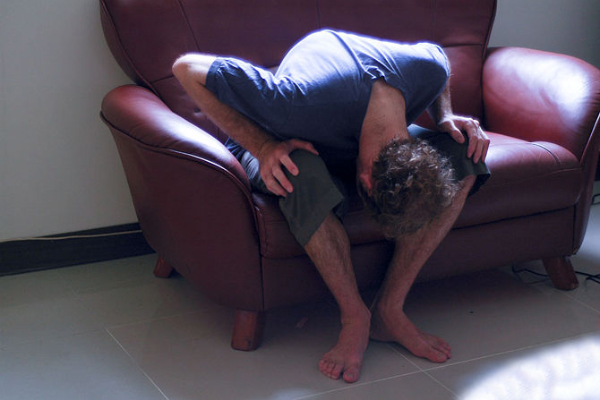Feeling dizzy or faint can be linked with such a wide array of causes like an underlying medical condition, low blood sugar level, excessive alcohol consumption, lack of sleep, etc.., that its accurate diagnosis and relative treatment has become a must. In most cases, dizziness is eliminated from medical investigation by doctors as an insignificant symptom of conditions such as pregnancy, emotional shock or stress, side effects of certain drugs, etc. The true cause of faintness can be diagnosed via proper study of clinical history and investigation. It may not necessarily require hospital admission (view rates of hospital wards here, here, and here).
Types of Dizziness
It is critical for the doctor to know what exactly you mean by the word “dizziness” because it could have different definitions by different people. Your initial investigations followed by actual treatment will be initiated only after completely understanding your medical history and examination results.
Vertigo
It is a common type of dizziness where the patient goes through an irregular feeling of movement where he experiences abnormal sensations such as spinning, falling, whirling, tilting, and involuntary sideway moving. Severe cases would include vomiting or strong feeling of being nauseated. Such dizziness makes the patient feel as if he or his surrounding is moving when there is no movement in reality.
Disequilibrium
This is mainly associated with the dysfunction or abnormality of balance-preserving senses viz., vestibular, proprioceptive, and visual. Commonly caused due to multiple sensory deficits, this variant of dizzy feeling is commonly found in elderly people. Not just localized to the head, it gives a sense of unsteadiness while walking. It can be healed through sufficient rest.
Lightheadedness or presyncope
Unlike vertigo, lightheadedness does not include the sensation of movement. Instead, the patient feels as if he is going to pass out or almost faint. Generally, it can be improved with some rest. However, if it gets worse, it could lead to the feeling of fainting spell or presyncope.
Unknown dizziness
Sometimes, dizziness does not specify any particular category. The history is obscure and the features go beyond just the complaint of faintness.
Clinical Causes of Dizziness
- Otological: Ménière’s disease, cholesteatoma, BPPV, tumours, labyrinthitis, vestibular neuritis, post surgery condition (eg stapedectomy, cochlear implant), vestibular migraine, otosclerosis, middle ear trauma, and Paget’s bone disease
- Cardiovascular: Cardiac arrhythmias, cerebrovascular disease, vertebrobasilar insufficiency, postural hypotension, aortic stenosis, carotid sinus syndrome, and subclavian steal syndrome
- Psychogenic: Generalized anxiety, panic attacks, agoraphobia, and hyperventilation
- Neurological: Peripheral neuropathy, multiple sclerosis, head injury, Parkinsonism, benign intracranial hypertension, epilepsy, normal pressure hydrocephalus, brainstem and cerebellar tumors, and dementia
- Haematological: Hyperviscosity and anaemia
- Metabolic: Hypothyroidism, adrenal insufficiency, and hypoglycaemia
Other Causes of Dizziness
- Medicinal side effects such as anti-arrhythmics, antihypertensives, aminoglycoside antibiotics, and antidepressants
- Autoimmune disorders viz., rheumatoid arthritis, systemic lupus erythematosus, etc.
- Cervical spondylosis
- Migraine headaches
- Visual impairment
- Acute alcohol or drug intoxication and chronic alcohol misuse
- HIV infection, acute bacterial infection, and Lyme disease
- Viral illness
- Multi-sensory dizziness syndrome (reduced vision, autonomic neuropathy, vestibular dysfunction, and peripheral neuropathy)
Self-practices to Reduce/Prevent Dizziness
- Breathe deeply and slowly. Try to maintain calmness. Anxiety and hyperventilating (or fast breathing) could very easily make your dizziness worse
- Raise your feet on a cushion or chair as you lie down to put your head down touching your knees to improve the blood flow to your brain
- Smoking and consumption of alcoholic or caffeinated drinks can make the case worse for you. So, avoid them
- Keep your stomach filled at regular intervals. Don’t let go several hours without eating – have fruits or drink a sugary (but not including artificial sweeteners) meal
- Keep yourself accessible to open windows or ventilated environments. Don’t enter stuffy or warm environments
- Drinking 6-8 glasses of water is necessary
- Avoid getting up promptly from a sleep or suddenly after sitting or lying down
- Try not to strain too much in the washroom as it may drop your blood pressure leading to faintness
- Do not drive or operate heavy machinery while you feel dizzy. Take rest at home
- For pregnant females, standing for long hours could cause dizziness. They are advised to lie flat on the back
Seeking Medical Advice
If you’re going through repeated episodes of dizziness and developing other symptoms then it is recommended to see a doctor promptly.

